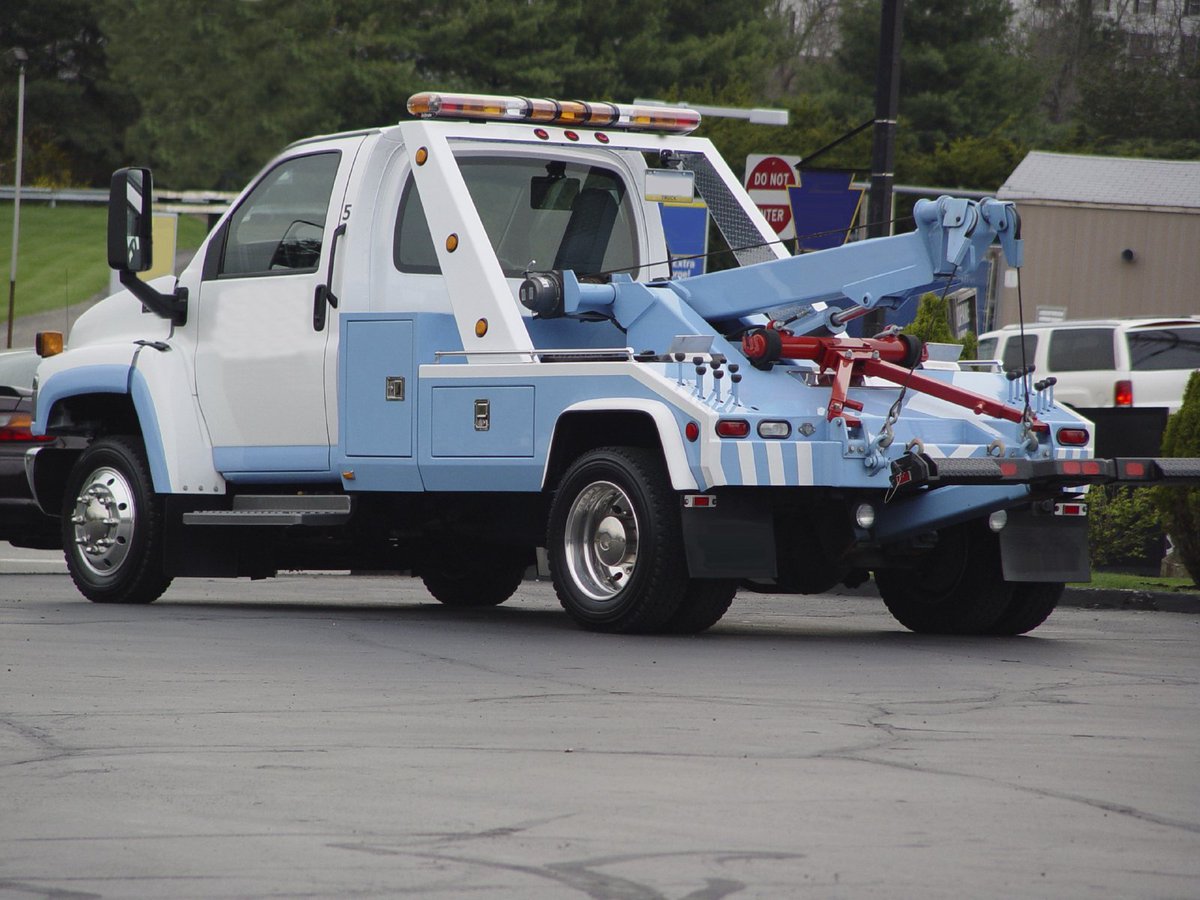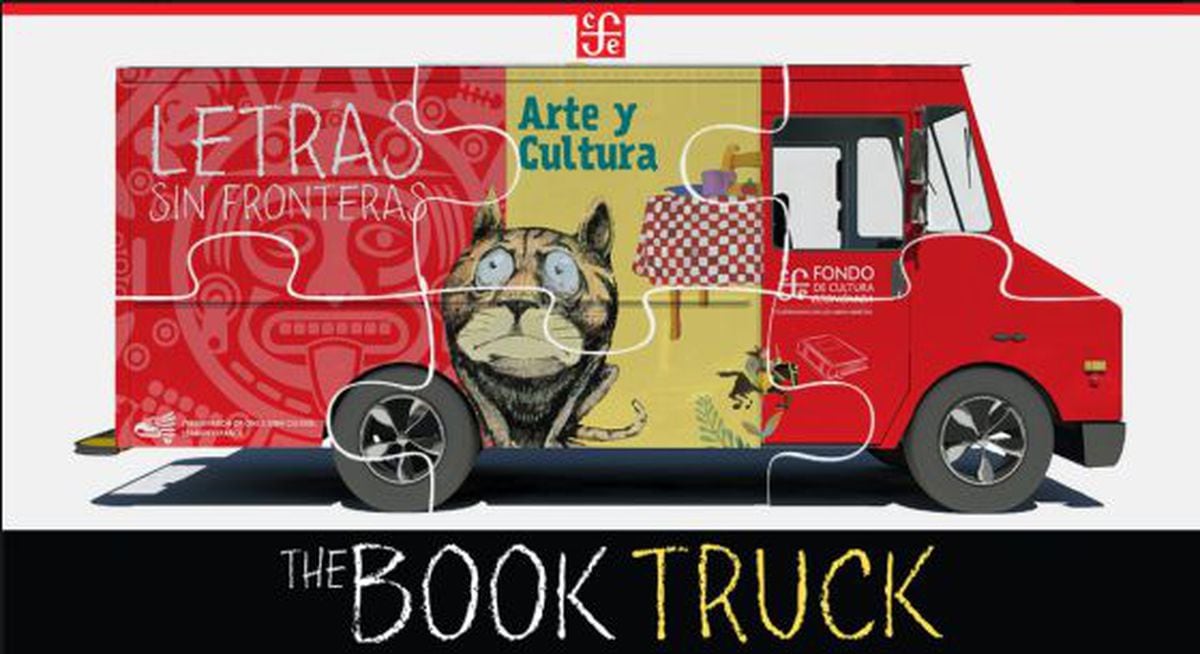Truck in spanish language – Delving into the world of “truck” in Spanish, we embark on a linguistic journey that unveils the origins, evolution, and cultural significance of this ubiquitous term. From its etymology to its diverse applications, this article explores the multifaceted nature of trucks in Spanish-speaking countries.
Our exploration delves into the various types of trucks, their unique features, and their impact on commerce, transportation, and society. We uncover the major manufacturers, their production capabilities, and the economic significance of the truck manufacturing industry.
Etymology of ‘Truck’ in Spanish
The Spanish word “camión” (truck) comes from the French word “camion”, which in turn comes from the Latin word “camio”, meaning “cart”. The word “camión” was first used in Spanish in the 19th century to refer to a large, heavy vehicle used to transport goods.
Over time, the word has come to be used more generally to refer to any type of truck, regardless of its size or purpose.
There are a number of regional variations in the pronunciation and usage of the word “camión”. In some parts of Spain, the word is pronounced “camión”, while in other parts it is pronounced “camió”. In some countries of Latin America, the word “camión” is used to refer to a small truck, while the word “tráiler” is used to refer to a large truck.
In other countries of Latin America, the word “camión” is used to refer to any type of truck, regardless of its size.
Types of Trucks in Spanish

Trucks in Spanish-speaking countries come in a wide range of types, each designed for specific purposes and industries. They can be categorized into three main groups: commercial vehicles, military vehicles, and recreational vehicles.
Commercial Vehicles
- Camión de carga:Used for transporting goods and materials. Can range from small pickup trucks to large semi-trailer trucks.
- Camión cisterna:Designed to transport liquids, such as water, fuel, or chemicals.
- Camión de bomberos:Emergency vehicle used for firefighting and rescue operations.
- Camión de basura:Used for collecting and transporting waste.
- Camión grúa:Equipped with a crane for lifting and transporting heavy objects.
Military Vehicles
- Camión militar:Designed for transporting troops, equipment, and supplies in military operations.
- Tanque:Heavily armored vehicle used for combat and warfare.
- Vehículo blindado de transporte de personal (VBT):Designed to transport and protect troops in combat zones.
Recreational Vehicles
- Camioneta:Pickup truck commonly used for personal use and recreational activities.
- Camión camper:Truck equipped with a living space for camping and traveling.
- Camión todoterreno:Designed for off-road adventures and exploring rugged terrain.
Truck Manufacturing in Spanish-Speaking Countries: Truck In Spanish Language
The truck manufacturing industry plays a significant role in the economies of Spanish-speaking countries, providing employment and contributing to economic growth. Several major manufacturers have established operations in these countries, capitalizing on skilled labor and strategic locations.
Major Truck Manufacturers
- International:A leading global manufacturer with a strong presence in Mexico and Argentina, producing a wide range of commercial trucks and buses.
- Kenworth:Known for its heavy-duty trucks, Kenworth operates manufacturing facilities in Mexico and Chile, catering to the mining and construction sectors.
- Freightliner:Another major American manufacturer with operations in Mexico, Freightliner specializes in medium and heavy-duty trucks, serving the transportation and logistics industries.
- Scania:A Swedish manufacturer with a significant presence in Latin America, Scania produces heavy-duty trucks, buses, and engines, meeting the demands of the mining, forestry, and construction sectors.
- Mercedes-Benz:The German automotive giant has established truck manufacturing facilities in Argentina and Brazil, producing a wide range of commercial vehicles, including light, medium, and heavy-duty trucks.
Production Capabilities and Market Share
The truck manufacturing industry in Spanish-speaking countries has experienced significant growth in recent years, driven by rising demand for commercial vehicles in the transportation, construction, and mining sectors. Mexico, Argentina, and Brazil are the major production hubs, with a combined annual production of over 500,000 trucks.
These countries also account for a significant share of the regional market, with domestic manufacturers holding a strong position in the medium and heavy-duty truck segments.
Impact on the Economy
The truck manufacturing industry has a positive impact on the economies of Spanish-speaking countries. It provides direct employment to a large number of skilled workers, contributing to job creation and economic growth. Additionally, the industry supports a network of suppliers and service providers, further stimulating economic activity.
The export of trucks to neighboring countries and beyond also generates foreign exchange earnings, contributing to the overall economic health of these nations.
Cultural Significance of Trucks in Spanish-Speaking Countries
Trucks hold a significant place in the cultural fabric of Spanish-speaking countries. They are not merely vehicles for transportation but integral components of daily life, playing multifaceted roles in various spheres.Trucks serve as the backbone of transportation, carrying goods and people across vast distances.
They are indispensable for commerce, facilitating the distribution of products to markets and businesses. Beyond their practical utility, trucks have become symbols of economic vitality and progress.In many Spanish-speaking cultures, trucks are deeply intertwined with social events. They are often used to transport families and friends to celebrations, festivals, and gatherings.
The presence of a truck at an event adds a festive atmosphere and signifies the importance of the occasion.Trucks have also found expression in art, literature, and music. They have been depicted in paintings, sculptures, and murals, capturing their iconic status in society.
In literature, trucks have been used as symbols of freedom, adventure, and the pursuit of dreams. They feature prominently in popular songs, where they are often associated with themes of travel, work, and longing.
Role in Transportation and Commerce
Trucks are the primary means of transporting goods and materials in Spanish-speaking countries. They play a crucial role in the distribution of food, clothing, electronics, and other products to urban and rural areas. The trucking industry is a major employer, providing livelihoods for millions of people.
Social Significance
Trucks are deeply embedded in the social fabric of Spanish-speaking cultures. They are used to transport families and friends to weddings, baptisms, and other important events. Trucks are also often used to transport musical instruments and equipment for festivals and celebrations.
Depictions in Art, Literature, and Music
Trucks have been depicted in art, literature, and music throughout history. In paintings and sculptures, trucks are often portrayed as symbols of strength and power. In literature, trucks have been used as settings for stories about travel, adventure, and the pursuit of dreams.
In music, trucks have been featured in songs about love, loss, and longing.
Truck Terminology in Spanish

The Spanish language has a rich vocabulary of terms related to trucks, including technical terms, slang, and industry jargon. This glossary provides a comprehensive overview of the most common truck-related terms used in Spanish.
Technical Terms
- Caja de cambios: Gearbox
- Chasis: Chassis
- Embrague: Clutch
- Frenos: Brakes
- Motor: Engine
- Neumáticos: Tires
- Puertas: Doors
- Suspensión: Suspension
- Transmisión: Transmission
Slang Terms
- Burro: Truck
- Camión: Truck
- Furgoneta: Van
- Piragua: Semi-trailer
- Tractor: Tractor-trailer
Industry Jargon, Truck in spanish language
- Capacidad de carga: Payload capacity
- Consumo de combustible: Fuel consumption
- Distancia entre ejes: Wheelbase
- Longitud total: Overall length
- Peso bruto vehicular: Gross vehicle weight
Truck Safety in Spanish-Speaking Countries

In Spanish-speaking countries, the safety of trucks is a paramount concern. Governments have implemented regulations and standards to minimize accidents and fatalities involving trucks. These regulations cover various aspects, including vehicle maintenance, driver qualifications, and road infrastructure.
Despite these efforts, challenges remain in ensuring truck safety. These include inadequate enforcement of regulations, lack of proper driver training, and poor road conditions. Best practices for improving truck safety include regular vehicle inspections, rigorous driver screening, and ongoing driver education programs.
Truck Accident Statistics
Statistics on truck accidents and fatalities vary across Spanish-speaking countries. However, data from the World Health Organization (WHO) indicates that road traffic crashes involving heavy vehicles are a significant public health concern.
- In Mexico, approximately 10% of all road fatalities involve trucks.
- In Chile, trucks account for over 20% of road fatalities.
- In Spain, heavy vehicles are involved in around 15% of road fatalities.
Concluding Remarks
In conclusion, the concept of “truck” in Spanish is deeply intertwined with the cultural fabric of Spanish-speaking nations. Through its evolution, diverse applications, and cultural significance, the truck has become an indispensable part of everyday life, shaping industries, communities, and artistic expressions.
FAQ Explained
What is the origin of the word “truck” in Spanish?
The word “truck” in Spanish, “camión,” is derived from the French word “camion,” which in turn originates from the Latin word “carrus,” meaning “cart.”
What are the different types of trucks used in Spanish-speaking countries?
Spanish-speaking countries utilize a wide range of trucks, including commercial vehicles such as semi-trucks, flatbed trucks, and box trucks; military vehicles such as troop carriers and armored vehicles; and recreational vehicles such as pickup trucks and camper vans.